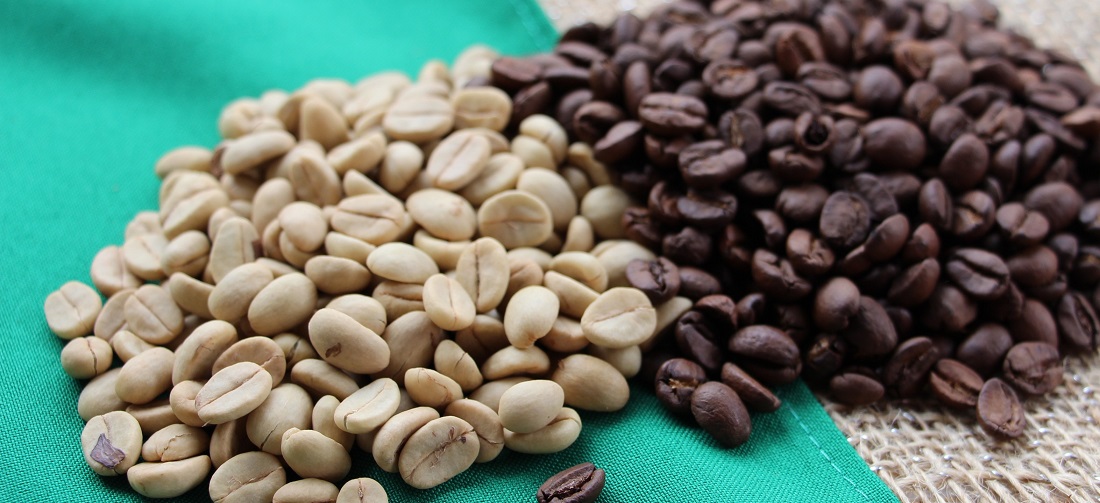
Brazilian coffee exports reach 3.4m bags in October
Nov, 18, 2019 Posted by Sylvia SchandertWeek 201947
In October, Brazil exported 3.4m bags of coffee – considering the sum of green, soluble, and roasted & ground coffee. The volume represents a fall of 13.1% compared to October last year, when the country broke a record in exports of the product for the month. The data are from Cecafé – Brazilian Coffee Exporters Council.
Foreign exchange revenue generated by shipments in October this year was US$441.1m, a 14.7% decrease from the same month last year. The average price of a coffee bag was US$128.9/bag, 1.8% lower than October 2018.
Regarding the varieties shipped in the month, Arabica coffee accounted for 82.6% of the total exported volume, equivalent to 2.8m bags. Conilon (robusta) coffee accounted for 8%, with the shipment of 274,000 bags and instant coffee accounted for 9.4% of exports, with 321,000 bags.
Summary of Coffee Exports – October 2019
From January to October 2019, Brazil exported coffee to 128 countries. Brazilian coffee exports in the year-to-date (January to October 2019) remain the highest in the last five years for the period, with a shipment of 34m bags, 22.8% higher compared to the same comparative base of 2018.
From January to October this year, exports of Conilon coffee stood out with an increase of 58.3% (equivalent to 3.3m bags) compared to the period last year. Arabica coffee also registered growth of 21.3% (27.4m bags) in the period, while soluble coffee increased by 9.4% in exports (3.3m bags).
Another highlight was the growth of Brazilian coffee exports by continent. Shipments to Europe in the period increased by 18.3% (equivalent to 17.8m bags); in North America, the increase was 39% (8m bags); in Asia, 18% (5.9m bags); South America, 15% (1.3m bags); Africa, 64.2% (556,800 bags); and Oceania, 11.4% (328,600 bags).
Also noteworthy in the period was the growth of Brazilian coffee exports to producing countries, which was 65.4% (1.7m bags).
In the last 12 months (from November 2018 to October 2019) Brazil has exported 41.9m bags, signaling a historical record of coffee exports for this year.
These positive results demonstrate the country’s ability to meet the growth in world consumption, which, according to data from the ICO (International Coffee Organization), increased 1.5% in the comparison between 2019 and 2018.
Top Destinations
In the calendar year, the main Brazilian coffee destinations presented an increase of 22.8% in the consumption of the product compared to the same period last year. The top ten importers were, respectively: United States, with 6.5m bags of coffee (19.1% of the total shipped in the period); Germany, with 5.7m bags (16.7%); Italy, with 3.2m bags (9.5%); Japan, with 2.2m bags (6.5%); Belgium, with 2.1m bags (6.3%), Turkey, with 982,100 bags (2.9%); Russian Federation, with 869,400 bags (2.6%); United Kingdom, with 818,200 bags (2.4%); Canada, with 760,300 bags (2.2%); and Mexico, with 734,001 bags (2.2%).
All major consuming countries of Brazilian coffee, except the United Kingdom, registered an increase in the importation of the Brazilian product, compared to the same period last year.
Mexico was the most prominent in the period, with a 205.3% increase in imports.
Other destinations with the highest growth in Brazilian coffee consumption were the US (34.2% growth), Germany (31.9%), Italy (23.6%), Turkey (21.8%) and Japan (20,4%).
Export Summary
In the calendar year, Brazil exported 6.4m bags of differentiated coffees (which are coffees that have superior quality or some kind of certificate of sustainable practices). The volume represents 18.7% of the total coffee exported so far this year and a growth of 28.4% compared to the period from January to October 2018. The foreign exchange revenue generated by the export of differentiated coffees from Brazil was US$1bn in the period, representing 23.6% of Brazil’s total revenue from exports in calendar year 2019.
The main destinations for differentiated coffees were, respectively: USA, which imported 1.6m bags (24.4% of the total volume shipped in the calendar year); Germany, with 801,500 bags (12.6% share); Japan, with 692,300 bags (10.9%); Italy, with 669,500 bags (10.5%); Belgium, with 571,000 bags (9%); Canada, with 254,200 bags (4%); United Kingdom, with 193,800 bags (3%); Sweden, with 176,200 bags (2.8%); Finland, with 125,800 bags (2%); and Spain, with 125,500 bags (2%).
Crop Year 2019/20
In the first four months of the Crop Year 2019/20 (Jul-Oct), as well as in the calendar year, Brazil recorded the best performance of the last five years in terms of volume of coffee exported. In the period, 13.6m bags of coffee were shipped, an increase of 4.1% over the same period last year. Arabica coffee exports from July to October were 10.6m bags (growth of 4.6% over the same comparative base of 2018). Already conilon coffee shipments were 1.6m (an increase of 4.9% over last year).
Ports
The Port of Santos continues to lead most exports in calendar year 2019, with 77.9% of the total volume exported from it (equivalent to 26.5m bags). In second place are the ports of Rio de Janeiro, with 12.3% of shipments (4.2m bags).
The following graph, made from Datamar’s DataLiner data, shows Brazilian coffee exports from January 2015 to September 2019:
The following graph, with data from DataLiner, shows the main intermediaries of Brazilian coffee exports:
Graphics Source: Dataliner/Datamar
-
Meat
Dec, 05, 2024
0
Philippines Opens Market for Brazilian Pork Exports
-
Other Cargo
Feb, 01, 2022
0
Brazil’s Ceará builds hub to produce, export green hydrogen
-
Meat
Oct, 06, 2021
0
China received more than 50% of Brazil’s YTD beef and pork exports
-
Ports and Terminals
Apr, 28, 2023
0
Port of Santos decreases time window for trucks arrivals to 2 hours

